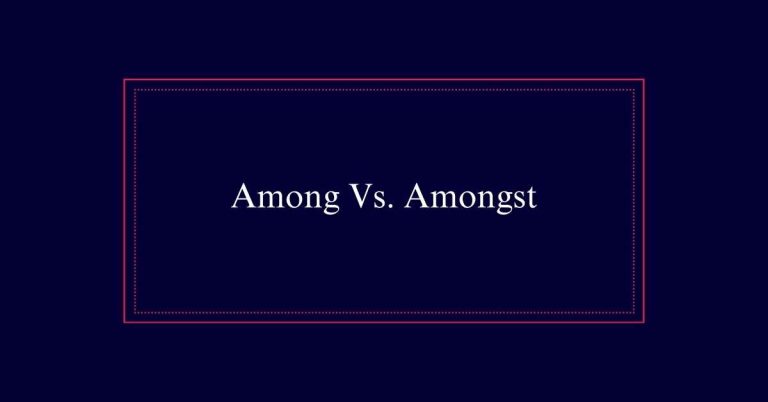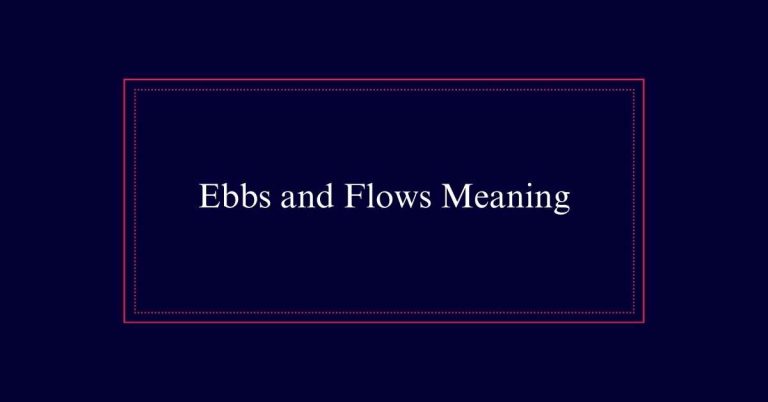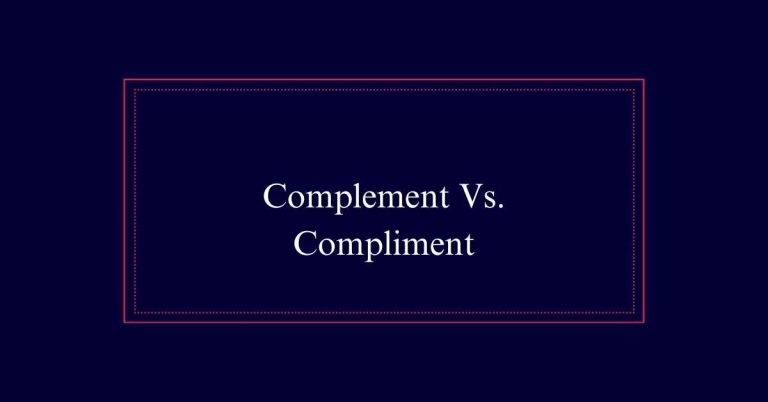Capitalization in Titles
Capitalization in titles guarantees clarity and professionalism. Articles like ‘a’ and ‘the’ should be lowercased unless they are the first or last word of the title. Conjunctions follow similar rules; short ones typically remain lowercase. Nouns, verbs, and adjectives must always be capitalized.
Articles in Titles
When it comes to titles, articles such as ‘a’ and ‘the’ should be lowercase unless they are the first or last word. This rule is universally accepted among major style guides.
For example, the correct form is ‘For Whom the Bell Tolls’ rather than ‘For Whom The Bell Tolls. Similarly, ‘Girl on a Train’ is correct, not ‘Girl on A Train’. Capitalizing articles incorrectly disrupts the visual flow of a title.
It is crucial to follow this rule for consistency and professionalism in writing. Whether it’s a book, article, or any other titled work, adhering to this guideline guarantees that titles look polished and are easy to read.
Conjunctions in Titles
While articles in titles follow specific capitalization rules, conjunctions present a more nuanced challenge. Style guides differ on whether to capitalize them. In AP style, conjunctions with three letters or fewer, such as ‘and,’ ‘but,’ and ‘or,’ remain lowercase. For example, ‘Romeo and Juliet’ is correct.
Chicago style suggests lowercasing most coordinating conjunctions, regardless of length. Incorrect usage occurs when conjunctions are unnecessarily capitalized, as in ‘Urban Legends: Fact Or Fiction?’ The correct form would be ‘Urban Legends: Fact or Fiction?’
Capitalizing Nouns
Nouns must always be capitalized in titles to maintain proper grammar and readability. This rule is essential for ensuring that titles are clear and professional. Nouns, being the names of people, places, things, or ideas, serve as the key components in a title. Their capitalization helps to distinguish them from other parts of speech, enhancing comprehension and visual appeal.
| Incorrect Example | Correct Example |
|---|---|
| the lion, the witch and the wardrobe | The Lion, the Witch and the Wardrobe |
| alice’s adventures in wonderland | Alice’s Adventures in Wonderland |
| a tale of two cities | A Tale of Two Cities |
Capitalizing Verbs
Capitalizing verbs in titles is important for maintaining proper grammatical structure and readability. Verbs indicate action or a state of being and are a vital part of any sentence.
When used in titles, verbs should always be capitalized to guarantee clarity and to properly emphasize their importance. For instance, in the title ‘Things Fall Apart’ by Chinua Achebe, both the words ‘Things’ and ‘Fall’ are capitalized, as ‘Fall’ is a verb. This practice is universally accepted across major style guides.
Incorrect capitalization, such as ‘Things fall Apart,’ can confuse readers and disrupt the flow of the title. Consistently capitalizing verbs helps maintain a professional and polished appearance in written works.
Capitalizing Adjectives
Adjectives in titles must always be capitalized to guarantee proper emphasis and readability. Proper capitalization guarantees clarity and helps the reader identify important words.
For instance, in the title ‘Charlie and the Chocolate Factory,’ the word ‘Chocolate’ is an adjective and should be capitalized.

Here are three key points to remember about capitalizing adjectives in titles:
- Emphasis: Capitalizing adjectives highlights important descriptive words.
- Consistency: Following this rule ensures uniformity across various titles.
- Readability: Proper capitalization aids in quickly identifying key elements in a title.
AP Style Guide Rules
In the AP Style Guide, specific rules govern the capitalization of words in titles to maintain consistency and clarity. Capitalize the first and last words in titles.
Nouns, pronouns, verbs, adjectives, and adverbs should always be capitalized. Articles like ‘a,’ ‘an,’ and ‘the’ are lowercase unless they appear as the first or last word.
Conjunctions of three letters or fewer, such as ‘and,’ ‘but,’ and ‘or,’ are also lowercase unless positioned at the beginning or end. Prepositions of three letters or fewer, such as ‘at,’ ‘by,’ and ‘for,’ follow the same rule.
Chicago Style Guide Tips
When following the Chicago Style Guide, specific rules help guarantee that titles are formatted consistently and correctly. The guide emphasizes the capitalization of major words and offers clear guidelines:
- Nouns and Verbs: Always capitalize all nouns and verbs. Example: _The Catcher in the Rye_.
- Adjectives and Adverbs: These should always be capitalized. Example: _The Great Gatsby_.
- Articles, Conjunctions, and Prepositions: Lowercase articles (a, an, the), conjunctions (and, but, or), and prepositions (in, on, at), unless they are the first or last word in the title. Example: _War and Peace_.
Common Mistakes
Many writers trip up on the proper capitalization of articles, conjunctions, and prepositions in titles. Articles like ‘the’ and ‘a’ should be lowercase unless they are the first or last word. For instance, ‘Girl on a Train’ is correct, not ‘Girl on A Train.’
Conjunctions can also be tricky. In AP style, conjunctions of three letters or fewer, like ‘and’ or ‘but,’ are lowercase. For example, ‘Romeo and Juliet’ is correct, not ‘Romeo And Juliet.’
Examples of Correct Usage
Correct application of capitalization in titles guarantees clarity and professionalism. Let’s consider some examples to illustrate correct usage:
- Articles: Always lowercase articles unless they are the first or last word. For instance, it’s ‘For Whom the Bell Tolls’ and not ‘For Whom The Bell Tolls’.
- Conjunctions: Lowercase conjunctions like ‘and’, ‘or’, and ‘but’ unless they start or end the title. For example, ‘Romeo and Juliet’ is correct, whereas ‘Romeo And Juliet’ is not.
- Nouns, Verbs, and Adjectives: Always capitalize these parts of speech. For example, ‘The Lion, the Witch and the Wardrobe’ correctly capitalizes all nouns and adjectives. Similarly, ‘Things Fall Apart’ correctly capitalizes the verb ‘Fall’.
Best Practices
Understanding correct usage is important, but implementing best practices guarantees consistency and accuracy in title capitalization. Adhering to recognized style guides like AP or Chicago is essential. Always capitalize nouns, verbs, and adjectives. Articles and short conjunctions should remain lowercase unless they are the first or last words in the title. Consistency in applying these rules across all titles is key to professionalism. Below is a quick reference table for common parts of speech in titles:
| Part of Speech | Capitalization Rule |
|---|---|
| Nouns | Always capitalize |
| Verbs | Always capitalize |
| Adjectives | Always capitalize |
| Articles | Lowercase unless first/last |
| Conjunctions | Lowercase if short (AP) |






